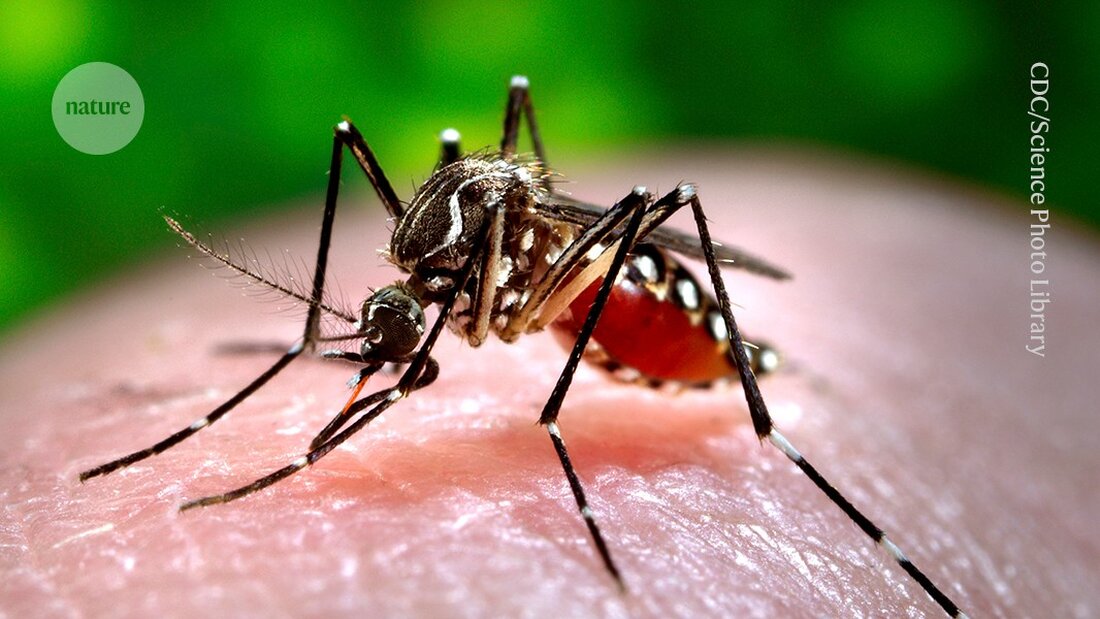Malaria vaccine: Administered through a mosquito bite
Scientists are developing an innovative malaria vaccine delivered through genetically modified mosquitoes that boosts immunity.

Malaria vaccine: Administered through a mosquito bite
Scientists have a new vaccination strategy against malaria developed that boosts immunity through bites from genetically modified mosquitoes. Immunization occurs via insects infected with modified versions of the parasite that causes malaria. One study reduced participants' susceptibility to malaria, potentially paving the way for more effective methods to combat the disease, which infects about 250 million people annually.
“These results represent a significant advance in the development of malaria vaccines,” says Julius Hafalla, an immunologist at the London School of Hygiene & Tropical Medicine. “The ongoing global malaria burden makes the development of more effective vaccines a critical priority.”
The study was conducted on November 20th New England Journal of Medicine published. Participants were exposed to bites from mosquitoes infected with a modified version of the Plasmodium falciparum parasite that causes malaria. In humans, the parasites travel to the liver, where they infect red blood cells. The parasites are designed to stop growing shortly after being introduced into the human body. Nearly 90% of participants exposed to the modified parasites did not become ill after being bitten by malaria mosquitoes.
There are two approved Malaria vaccines. Both aim to generate long-term immunity by producing antibodies that block malaria parasites from infecting liver cells, as well as targeting breakthrough infections.
However, these vaccines are only about 75% effective and require booster shots. Therefore, immunologists continue to search for alternative strategies.
One approach is to use genetically modified parasites. The research team had previously tested the effectiveness of a modified malaria parasite called GA1, which is designed to stop growing about 24 hours after infection in people 2. But the GA1 parasite only protected a few participants from malaria, leading the team to develop a second parasite, GA2. GA2 is designed to stop growing about six days after infection, the crucial phase when the parasites replicate in human liver cells.
The researchers tested whether exposure to GA1 or GA2 could help people develop immunity to malaria. Participants were exposed to 50 mosquitoes; 10 participants received bites from mosquitoes infected with GA1 parasites and 10 were bitten by mosquitoes with GA2 parasites. Three weeks later, participants were exposed to mosquitoes that transmit malaria. Shortly before exposure to these mosquitoes, both groups of participants had higher antibody levels than before. Only one in eight (13%) participants bitten by GA1 parasites did not develop malaria, compared to 89% in the GA2 group. Aside from the itching from the mosquito bites, the side effects were limited.
The researchers are now aiming to reproduce their results in a larger study.
The work “should be followed by more extensive studies to confirm the viability of GA2 as a candidate for global malaria control,” says Hafalla.
-
Lamers, O.A.C. et al. N. Engl. J. Med. 391, 1913–1923 (2024).
-
Roestenber, M. et al. Sci. Transl. Med. 12, eaaz5629 (2020).

 Suche
Suche
 Mein Konto
Mein Konto
